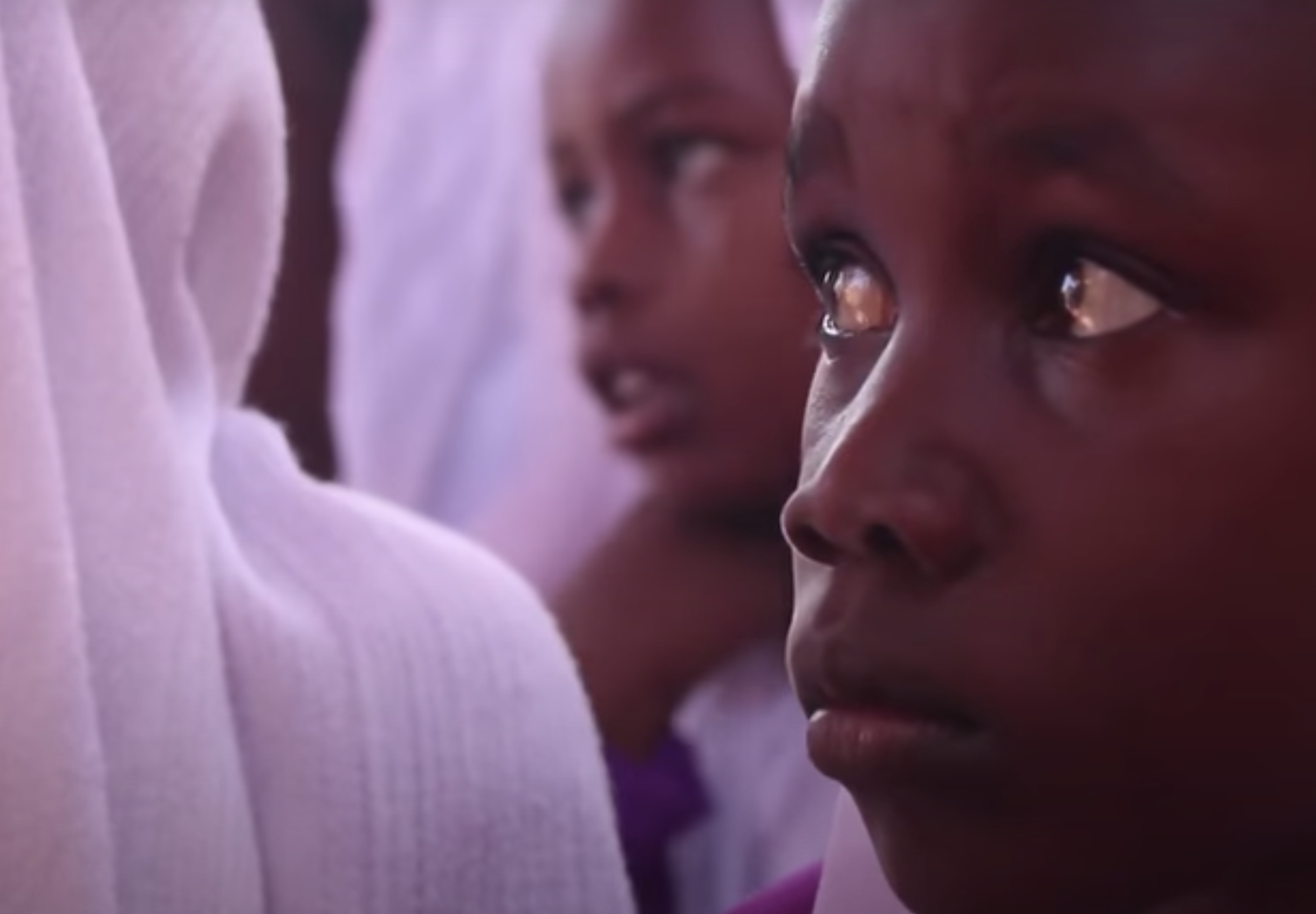Schools in limbo as Sudan debates education reforms
19 January 2021
“We have no idea when schools will be back! My children have forgotten most of their lessons, as we struggle to teach them at home,” says Hind Said, a parent to two students in Khartoum North, one in primary and another in pre-school. “The ministry directed our school to online lessons, but it was just a WhatsApp group without clear timing or schedule that went for only a couple of weeks.”
Hind, like other parents and teachers in Sudan, is waiting for instructions by the education ministry to know when schools will reopen. It’s a challenging time, she told Ayin, as parents attempt to make ends meet while teaching their children from home.
Schools in Sudan remain closed for all levels except eighth grade after the premier’s order to suspend work on the national education curricula earlier this month. The contention revolves around a picture of a painting by the Renaissance artist Michelangelo di Lodovico within a sixth-grade history textbook.
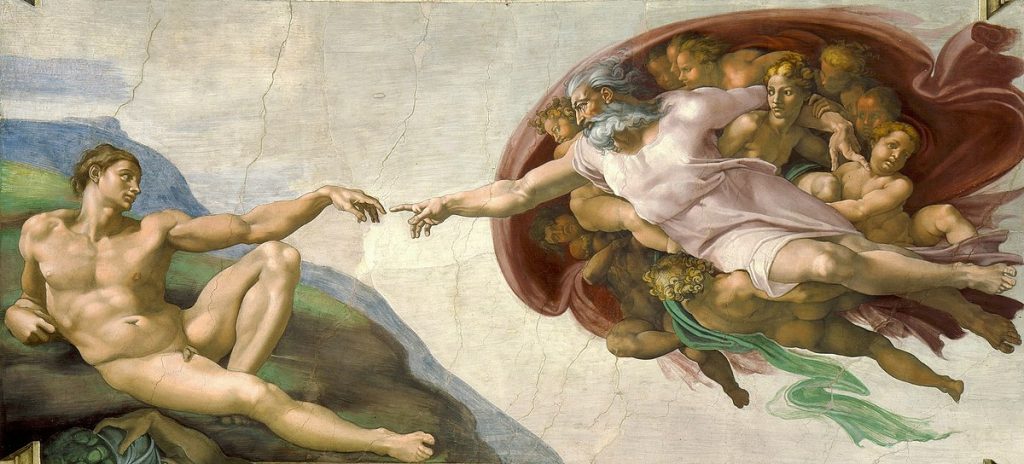
The painting “The Creation of Adam” was printed in the book’s chapter covering European history for the new curriculum edited by the National Centre for Curricula and Scientific Research. The transitional government assigned the Centre to revise the nation’s curriculum.
Many religious leaders, including imams, publicly spoke out against the picture during Friday prayers earlier this month. Media outlets still aligned to the former regime under president Omar al-Bashir protested in print while others protested physically on the streets against the photo. The head of the Centre, Dr Omer El Garai, even received death threats from extremist groups.
The image, “the Creation of Adam” is rejected by some Muslims for its personification of God, a concept that is not accepted in Islam.
Some religious groups, such as Ansar al-Sunna, issued a statement demanding that El Garai get discharged from his position. The statement accused him of creating division within the society, and it was supported by many people who support their views on social media.
The escalated controversy resulted in Prime Minister Abdalla Hamadok suspending the work of the Center and the new curricula after consulting several religious groups. The premier said in a press statement that the development of school curricula is a national issue that concerns everyone and therefore requires a broad social consensus. Several conservative Islamic groups, such as Ansar al-Sunna, later thanked the prime minister for his decision.
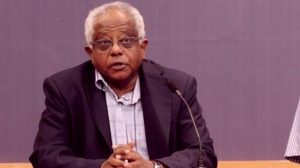
Resignation
Frustrated by the controversy and conservative interpretation, Dr Garai resigned. “Your government has chosen the side of the regime, and I chose the side of the people,” his resignation letter reads, accusing the government of “handing over the revolution to the National Congress Party supporters and religiously blind fanatics.”
The resignation letter caused further divisions in Sudanese social media and sparked anger among religious groups such as the Muslim Brotherhood and Ansar Sunnah sects who attempted to break into a press conference by the Ministry of Education and burn El Garai’s picture, accusing him of being a ‘non-believer’.
The Minister of Education, Professor Mohamed Al Amin supported the head of the Centre and stated to the media that he will delay any action until the prime minister responds to a memo submitted by the ministry asking for an explanation for the recent decision.
Well-planned attack
“The attack on the curriculum wasn’t spontaneous, obviously it was carefully planned as many religious leaders on one Friday all spoke about the issue and targeted Dr El Garai,” says Qamarya Omer, a teacher and member of the Teacher’s Committee within the Sudan Professionals Association (SPA), the group that spearheaded Sudan’s revolution. ”The attack was understandable since all of us know how the old curricula were designed to serve a specific ideology to brainwash the upcoming generations not to resist Islamic ideologies.”
Omer argues that the picture within the sixth-grade history book should not cause uproar since it represents the historical context – European art in the Renaissance era. “Furthermore, students can now access anything via the Internet, there is no point trying to hide it from students.”
According to Omer, the controversy is not exclusively ideological, but also fiscal. Schoolbooks and printed materials were businesses traditionally controlled by the former ruling National Congress Party under president Omar al-Bashir. “They have thousands of copies of the old textbooks under the former curriculum that will be useless after the reforms in the education system,” Omer added, “they [NCP] don’t want to endure such a loss.”
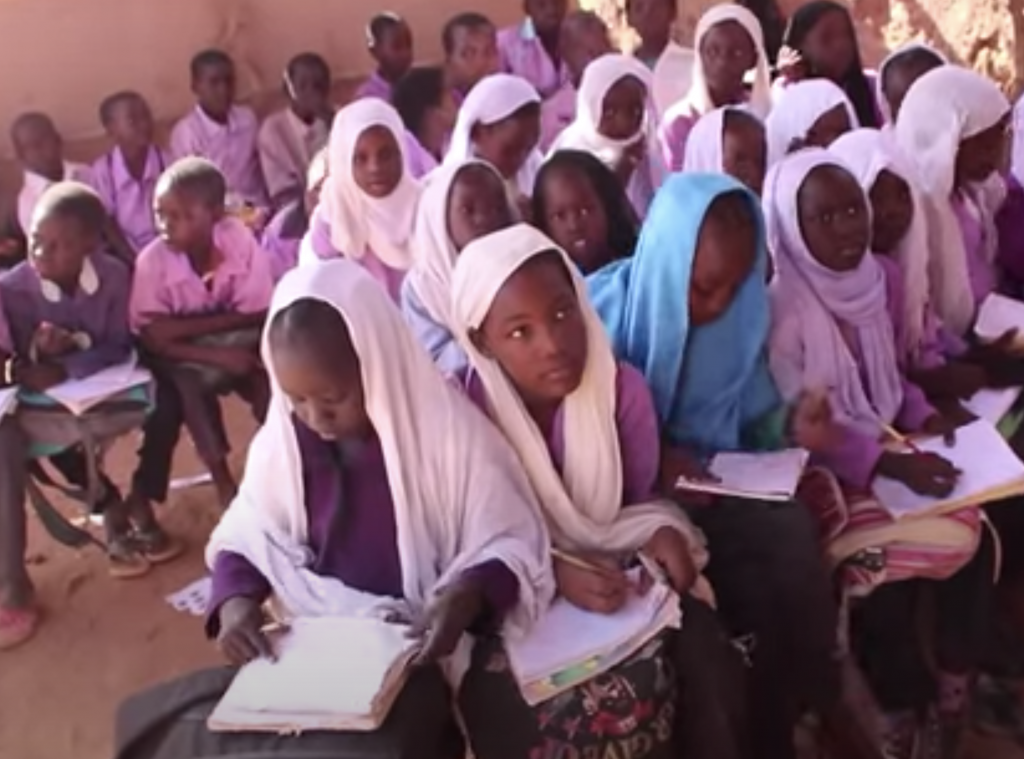
A call to reform
The former curriculum desperately needed to change since it was based on an ideology and a political view that did not match the cultural and religious diversity within the country, says Dr Habib Adam, a member of the Centre tasked to review and revise Sudan’s school curriculum.
“Many subjects had been neglected in the past, such as the arts, so we have tried to give this field more space, as well as encourage teachers to do more practical things like simplified science labs, interactive and creative activities and so on,” he told Ayin.
None of these reforms is political in nature, insists Wisal Yousif, head of the secondary school mathematics’ curricula revision committee. “All of our work was done in cooperation with the ministry and then it was reviewed and proofread by a professional academic committee,” she told Ayin. “We have been assigned this work due to our expertise as professionals, we don’t have any political background or agenda.” So far, Wisal Yousif says, the changes to the curricula are merely edits and not major amendments. Yousif expects changes to the school system and further revisions to the curricula in the days ahead.
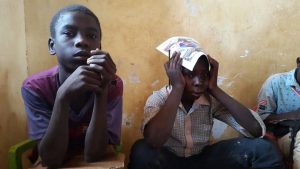
Work Must Go On
The educational experts see this move to revise the curricula as a first step to reform Sudan’s education system –including teaching and studying methods. Several experts Ayin spoke to believe the pedagogy within Sudan’s schools is flawed. Students are taught to memorise lines and phrases to pass exams, rather than exhibit a genuine understanding and practical knowledge.
“Many changes must take place in the upcoming period,” Yousif added. “Science labs should take place in every school, arts and music should be taught as well, and the nature of school materials should become modern, practical and relevant to present and future students.”
The premier’s decision to temporarily halt school curricula revisions has left Sudan’s schools in limbo. Either the school year remains suspended until there is consensus to the revisions or the old curricula will have to be used. “The prime minister should have explained his decision and follow it with other orders as to what should happen next – he should have been more transparent,” says Qamarya Omer. According to the veteran teacher, Prime Minister Hamdok’s proposal to hold a national conference, inviting individuals from diverse backgrounds to debate educational matters, is dispensable. To Omer, education matters should be debated and developed by academics and teachers –not political and religious leaders. “The curricula revision doesn’t require a national conference full of politicians, religious leaders and others –it’s not like we are revising the constitution, for example.”


